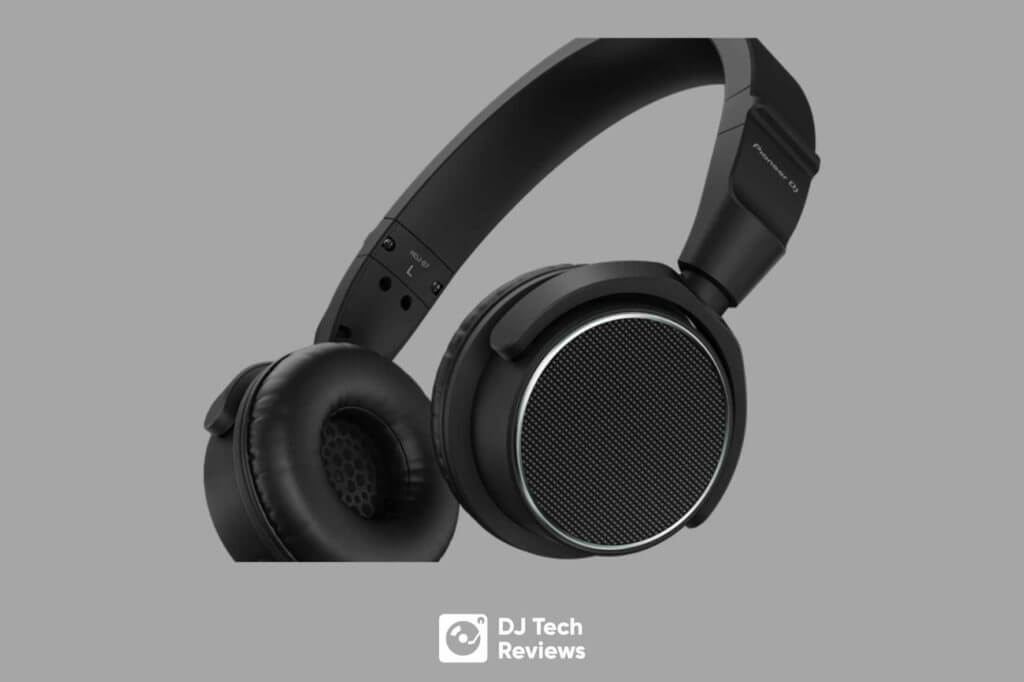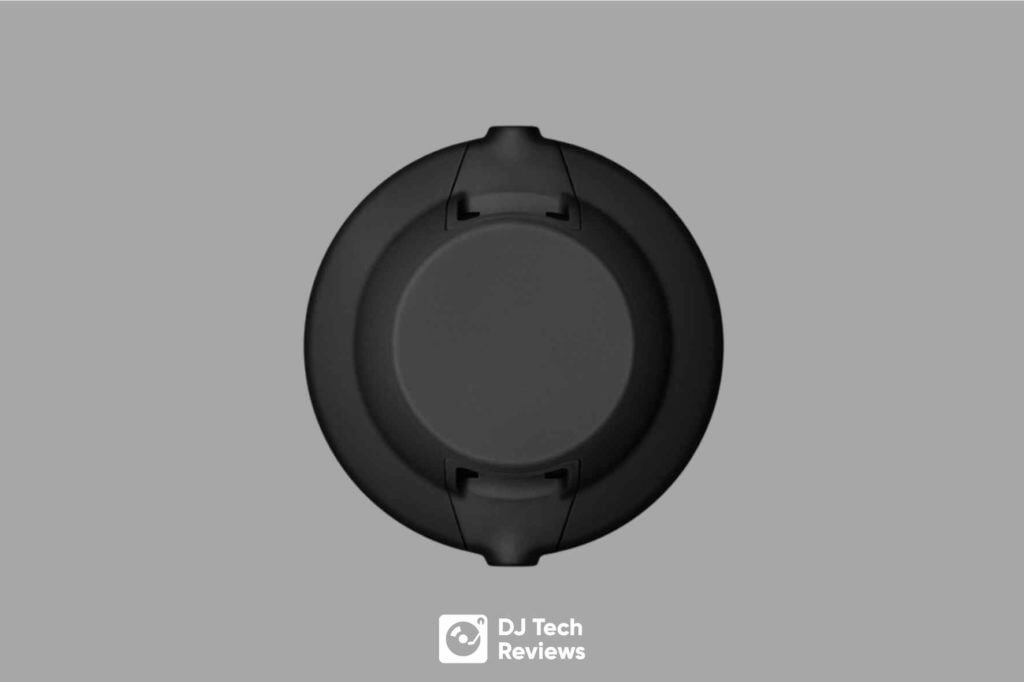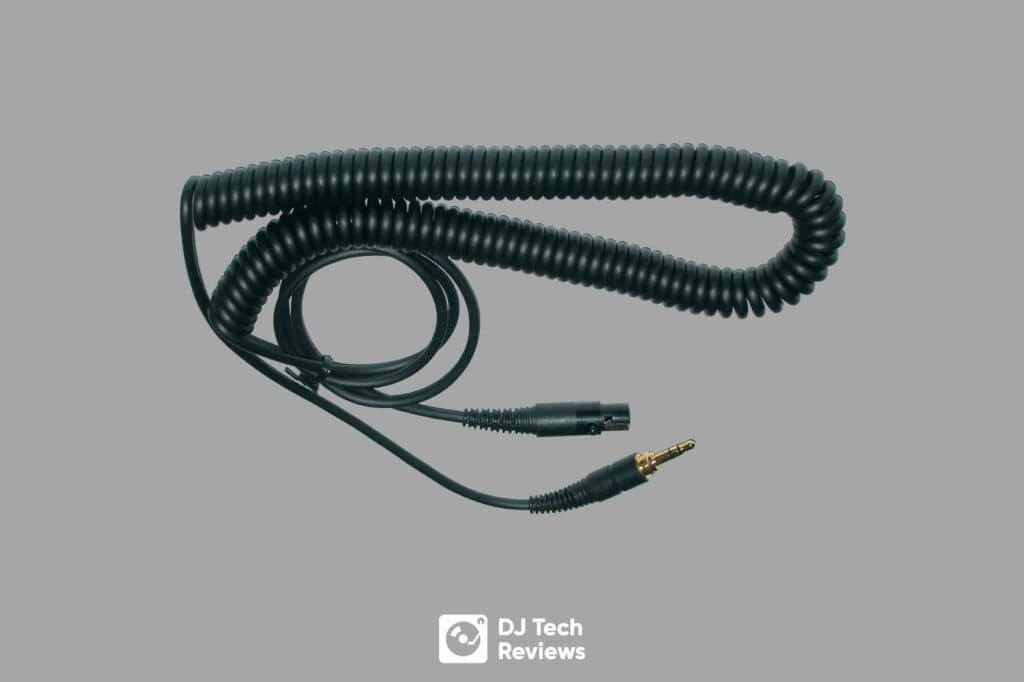DJ headphones vs normal ones, is there a major difference? It’s certainly one of the first things people ask about when it comes to buying DJ gear and equipment. Is there a need for dedicated DJ headphones?
The biggest argument newbies ask is, “If I’ve got a good pair of headphones already, why do I need to spend so much on DJ headphones?”
This is a fairly common question and, at least at the beginning of a DJ’s career, there’s actually a bit of truth to it. It’s true that, when a DJ is just getting started, they don’t necessarily need a pair of DJ headphones.
This changes, however, after they’ve been at it for a month or so and have had time to practice and put themselves out there professionally. By the time a DJ is planning on booking shows and regularly attending gigs at clubs and parties, it’s time to seriously consider making the investment.
But that doesn’t quite explain how DJ headphones are any more or less unique or special when compared with your standard consumer alternatives.
While high-end headphones can share many of the same quality aspects as good DJ headphones, the reality is that even these won’t have the same level of functionality as their specialized counterparts.
Here, we’ll go over and discuss what DJ headphones are as well as how they compare to standard headphones, particularly when it comes to a DJ’s work when mixing a track and performing their sets.
DJ Headphones vs Normal: What Are DJ Headphones?

Whether you’re relatively new to the DJ world or someone that is simply curious about the differences between the two, it’s worth knowing what DJ headphones are and what makes them so different than regular headphones.
Really, it can be hard to point out, at first glance, what makes one pair of headphones DJ-optimized and the other consumer-based. It’s only when a DJ with some experience begins to play with them that these once-hidden differences begin to make themselves not so hidden.
When you get a pair of DJ-optimized headphones, these are the areas that make them stand out as the ideal DJ listening tool:
RELATED ARTICLE: Can I DJ With Bluetooth Headphones? (Hmm…)
#1. Much Better Audio Quality
The most immediate disparity between standard headphones and DJ headphones is going to be the sound quality. Obviously, unless we’re talking about higher-end headphones, it makes sense that DJ headphones will generally have a higher level of sound clarity.
This feature, while enjoyable, isn’t there just because. A DJ needs quality sound if they want to ideally know when to mix and properly beatmatch the two tracks.
Now, while this is one of the most apparent differences that you’ll notice, that’s only the case when dealing with two similarly priced headphone sets. If you have a high-end set of commercial headphones, they will likely outshine a set of standard commercial headphones quite readily, so keep that in mind when making your purchasing decisions.
#2. Improved Durability
The next big way that standard and DJ headphones differ is the level of durability behind either one respectively. Whereas standard – and even higher-end – headphones for the casual buyer are made either cheaply or with the expectation that you’ll care for them, the DJ headphone is made knowing it’s likely going to be thrown around and easily dropped.
DJ headphones are made with the DJ club environment in mind rather than the safe home environment that regular headphones are made for. As such, expect your DJ headphones to have just about every bad thing happen to them… at least three times each. If they can’t survive being stepped on, dropped, thrown, or had things spilled on them, then they probably aren’t DJ headphones.
#3. Dual Audio Signaling
One of the more obvious signs that you’re using a pair of DJ headphones is that they can essentially play two songs at the same time, facilitating seamless beatmatching, something that requires two entirely separate audio signals to play. One beat plays through one cup while the other goes through the other cup. This is something that is simply not possible if you’re using standard headphones.
#4. Larger Driver Size
As with the audio quality, the reason DJ headphones have better and clearer sound is because of the headphones’ drivers. These drivers need to be much larger than consumer headphones of the same price as this ensures that the sound quality can be much higher even at the same size or price range.

RELATED ARTICLE: How to Beatmatch properly: The Ultimate Guide [2022]
#5. Closed-Back Cups
Another area where there can be some difference between DJ headphones and other alternative headphones when it comes to the cups themselves is the fact that DJ cups are always going to be closed-back. Closed-back headphone cups are, as the name implies, headphone cups that are entirely closed off outside of where the sound enters the ear. This ensures that the music directly hits the DJ while also blocking any outside noise or sounds.
While most casual consumer headphones will also have closed-back cups, at the more expensive and higher levels, there are some music producer headphones that are open-back, meaning that, despite appearing as standard over-ear headphones, the backs of the cup are open.
Open-back headphones are an impossibility for DJs, as they must keep out as much sound as possible to keep from being distracted from the various other parts of their performance.
Not only that, but DJ headphones will almost always make a point of being made with very strong noise-canceling material, making sure to block out everything other than what a DJ needs to hear, despite the fact that they are literally in a loud club or in a venue where people are screaming.
This is something that only the most specialized commercial headphones can successfully replicate.
#6. Swiveling Cups
Speaking of cups, DJ headphones are known for being pretty flexible. One minute they’re both covering a DJ’s ear, the next they’re on the back of the DJ’s head or sitting with one cup on their ear and the other pushed to the side.
By having headphones with a swivel capability, the headphones are able to twist and move in a variety of ways and angles while not breaking or annoying the DJ.
This may be found in “some” standard headphones, but, more often than not, you’re going to have pretty solid and static cups that will snap if moved or angled in any real way outside the standard “on-ear” setup.
#7. Cables
Lastly, DJ headphones have a different cable setup when compared to standard consumer headphones. For example, one of the surest ways to know if you have a set of quality consumer headphones compared to actual DJ headphones is if they are wireless.
A good set of headphones could have virtually all of the other options mentioned on this list and yet not be considered DJ-optimized if they were wireless. This is because the latency created by a Bluetooth connection makes beatmatching an outright impossibility.
But let’s say you do have a pair of wired headphones. How can you be sure if they are actually DJ headphones?
There are two ways to tell. The first is that there will only ever be one cable input option for the headphones. This is done to ensure that there won’t ever be a chance for the headphones to be caught on something as you’re going throughout the set.
The second is that the cable itself will almost always be detachable. In fact, this is arguably the surest sign that your headphones are DJ-optimized, as the exact opposite is true for consumer headphones (where there are virtually no headphones with detachable cables).
The reason for this is that, in the instance where the cable wears thin or outright breaks, you can easily have the cable itself repaired or replaced instead of the entire headphone.
Read Next: Best Speaker Wire

DJ Headphones vs Normal: Takeaway
Ultimately, when it comes down to it, if you’re a starting DJ, while DJ headphones aren’t an absolute essential, they should be on your list of things to consider getting relatively soon.
For DJs that expect to be performing in front of live audiences, while also expecting to mix and beatmatch during your DJ set, DJ headphones quickly go from being a useful accessory to an absolutely essential one.
Take some time, investigate some quality options in your price range, and make the investment, ideally sooner than later. Trust me, it will make a difference.
RELATED ARTICLE: 12 Best DJ Headphones of 2022




